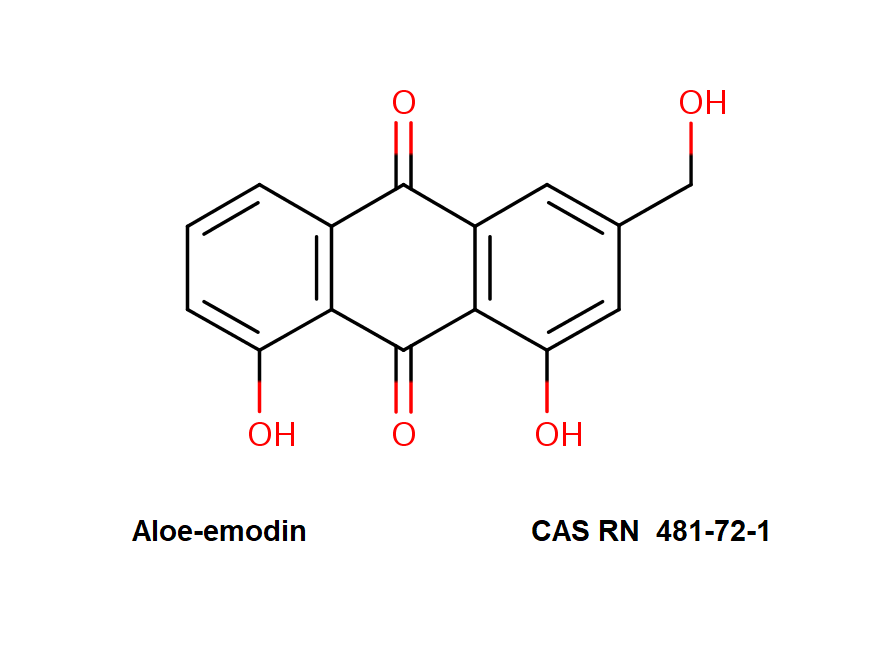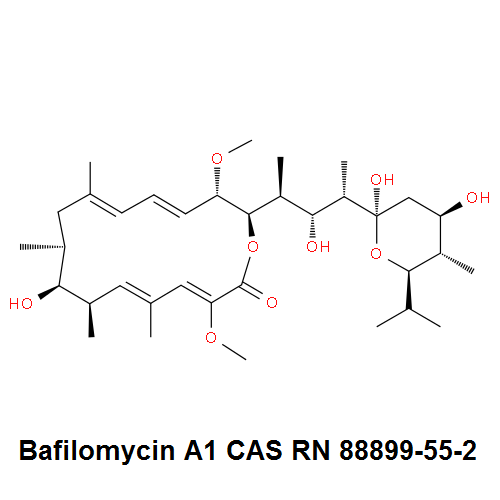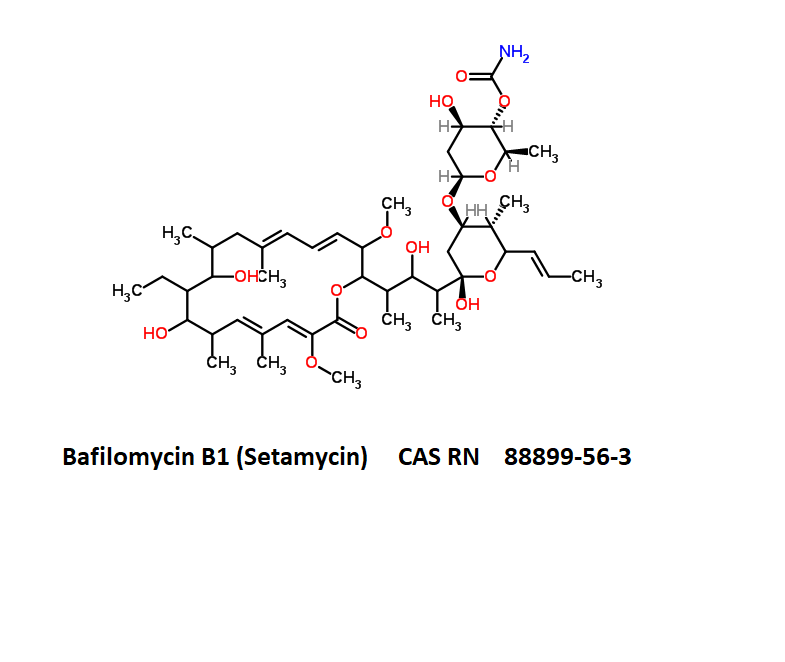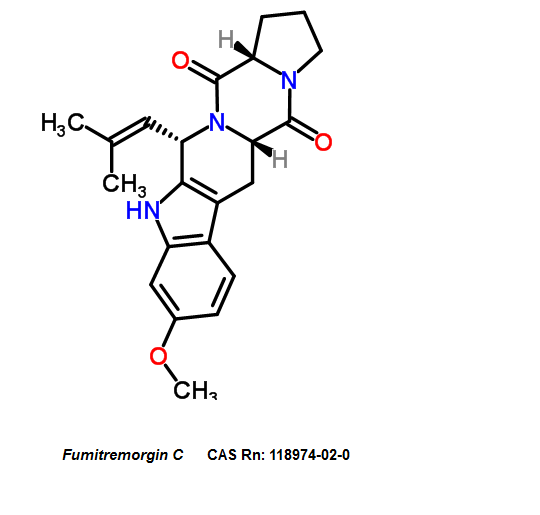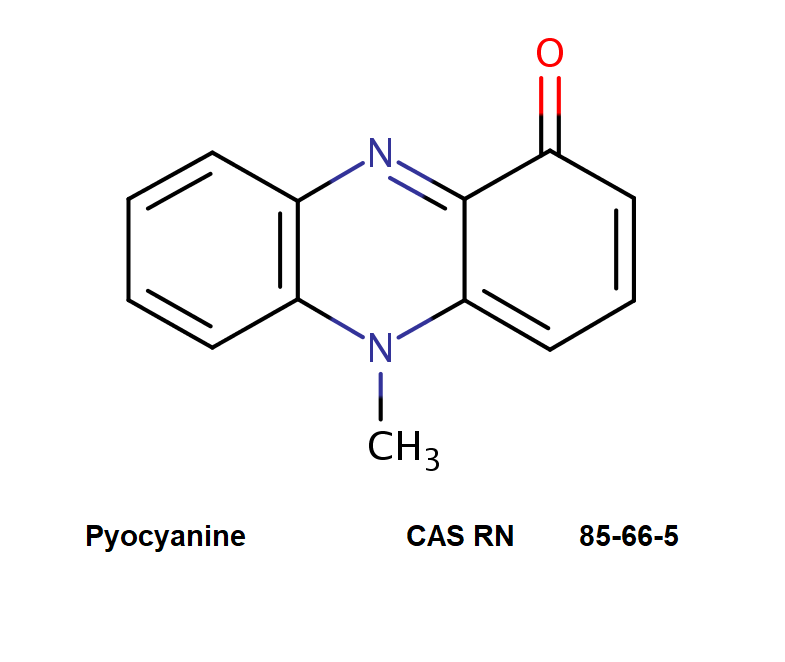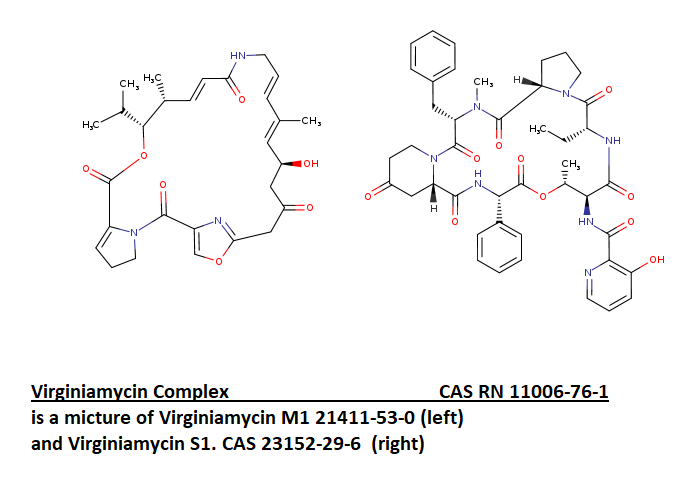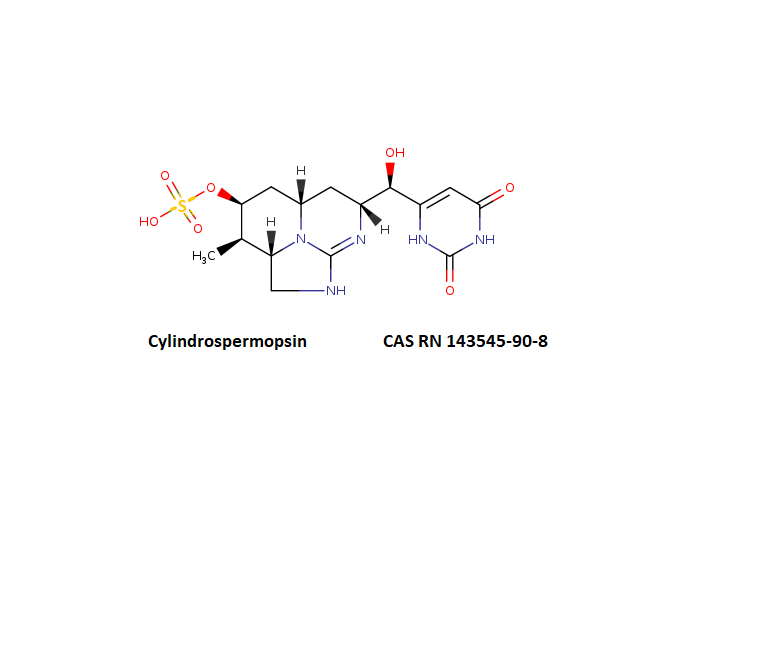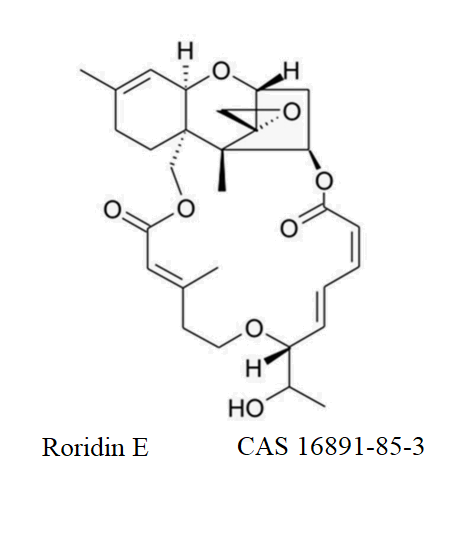Research area: Multi-drug resistance
Quote for
CAS number: CAS #: 481-72-1
Product code: ALO-001
Source: Aloe Vera (extracted from plant)
Quote for
Quote for
Quote for
Quote for
Quote for
MOST POPULAR PRODUCTS
Quote for
CAS number: 143545-90-8
Fermentek product code: CYL
Source: Cyanobacterium: Cylindrospermopsis ovalisporum
Quote for
Quote for


